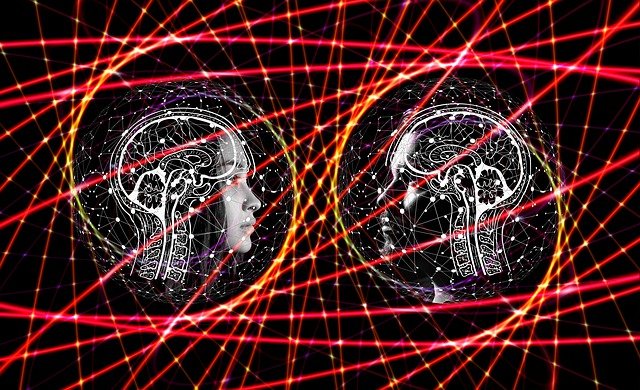
Legal AI and Data Intelligence | HaystackID – JDSupra – JD Supra
The powerful combination of artificial intelligence, legal technology, and human expertise yield outstanding outcomes and new solutions for clients.
Artificial intelligence can generate tremendous insight and benefits, bringing efficiencies to a wide range of applications. But to maximize AI’s potential, providers need to take a holistic approach, relying on the human component as much as the technology itself.
Without a doubt, AI has become ubiquitous in our daily lives. AI helps curate selections for us on Netflix. It’s used in facial recognition to identify customers walking into a retail store. Cities are tinkering with using AI to keep traffic moving through AI-informed traffic-light patterns. The field of radiology is experimenting with AI machine learning algorithms to replace conventional radiation treatments recommended by humans. AI is used to win computer poker games, and it helps e-commerce providers “guess” what else you might like to buy. And with search engines, AI can be used to diagnose health conditions—privacy issues notwithstanding—well before a patient calls the doctor.
Part of the need for AI is due to the sheer volume of data being generated. As the old saying in tech goes, about 90% of the world’s data has been created in the last two years. Now, visual content is one big driver of data generation, popping up in written communication of all forms in recent years. Who among us doesn’t have a library of texts and other short-format communications strewn with emojis and GIFs of all kinds?
In the legal landscape, AI technologies have proven to deliver greater knowledge at a faster pace than other tools, as data volumes continue to expand in both complexity and volume. In an environment where accurate and rapid delivery of information is mission critical, we see AI as a critical step. Combined with traditional methodology to drive performance, AI is helping in cyber discovery related to ransomware attacks and data breaches and in legal discovery, both of which involve the need to comb through troves of metadata residing on the internet.
Yet as AI algorithms learn, eDiscovery providers continually need to enhance delivery models and customize client solutions. This is where the human component remains vital. While technology in the legal industry has led to revolutionary changes and improvements in litigation discovery and investigations, workflow efficiencies are deeply and intertwined with human decision making.
For large legal cases, clients need to be able to rely on a team of experts around the globe. Attorney client services directors and project managers should bring deep search and subject matter expertise, allowing companies to find and build their case narrative faster and more …….
Source: https://www.jdsupra.com/legalnews/legal-ai-and-data-intelligence-1610658/




